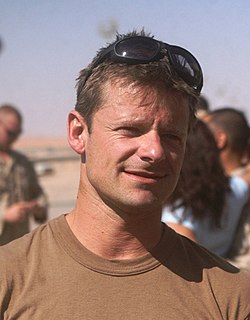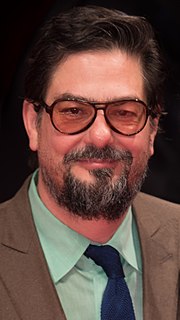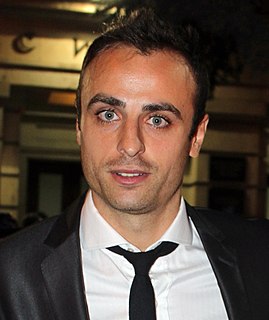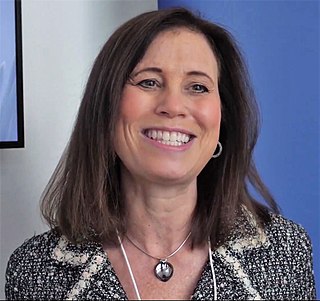A Quote by Steve Zahn
Any director who's also acted understands the fact that every person has a different process and has to be approached differently.
Related Quotes
In Hong Kong, in our generation that started out in the 1970s, being a director wasn't a big deal. We didn't even have director's chairs. We weren't particularly well paid. The social standing of a film director wasn't that high. It was a sort of a plebeian job, a second or third grade one. And the studio heads are always practical, there's never any fawning because someone is a director. There's very little snobbery about one's position as a director. The only ones people treated differently were those that were also stars; or the directors who also owned their companies.
I'm an actor. The fact that I'm involved in Jigsaw, I don't approach Jigsaw any differently than I approached The Nordic in 'The Firm' or FBI Agent Stokes in 'Mississippi Burning.' It's the same deal. It's just that the effect is sometimes different. So I say, people ask me, 'How does it feel to be a horror icon?' I'm thrilled. It's great.
Im an actor. The fact that Im involved in Jigsaw, I dont approach Jigsaw any differently than I approached The Nordic in The Firm or FBI Agent Stokes in Mississippi Burning. Its the same deal. Its just that the effect is sometimes different. So I say, people ask me, How does it feel to be a horror icon? Im thrilled. Its great.
The process of working with the second unit director and basically sharing your workload with another director is such an interesting, delicate thing - and entrusting that person with your vision and making sure that you are not adding a completely different aesthetic to the mix that you don't have to contend with in editing.
You write differently in each book. It may appear to be similar to readers, but you're a different writer in each book because you haven't approached that subject before. And every subject brings out a different prose strain in you. Fundamentally, yes, you're contained as one writer. But you have various voices. Like a good actor.
It is one of the few elements in the process that a director really, really can't control: an actor's performance. If you have a director that understands that, it's comforting to an actor. You're starting the relationship more as a collaborator, rather than as an employee or some kind of a soldier trying to execute something you don't organically feel.


































